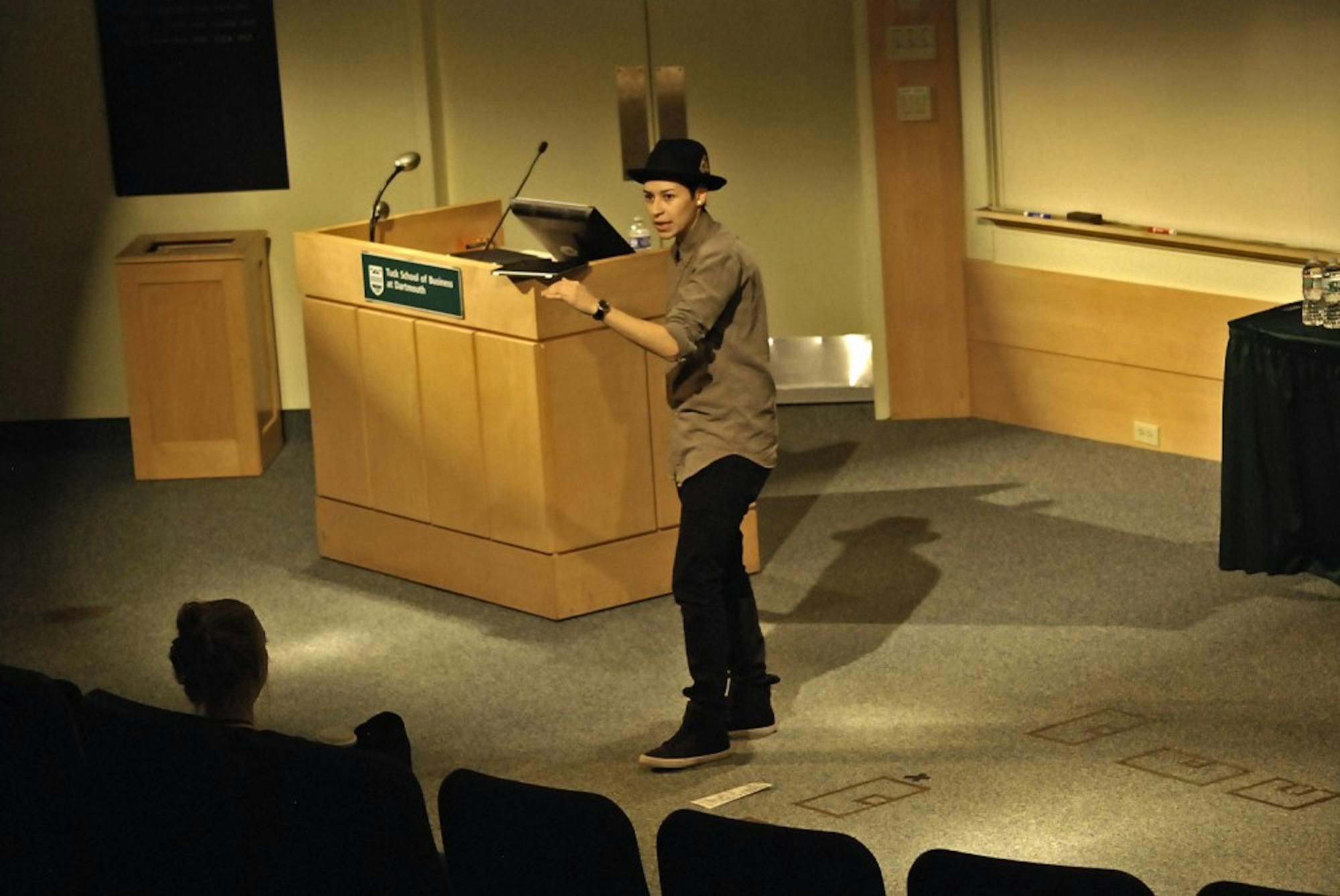A slam poetry workshop, discussion of Palestinian queer movements and Goldman Sachs information session, among other events, marked this weekend’s IvyQ conference. More than 300 students from across the Ivy League attended the symposium, which explored different aspects of LGBTQ identities.
In the final banquet, Rev. Dr. Jamie Washington asked audience members to appreciate those who helped the LGBTQ community gain rights and the personal mentors, friends and family who helped them get to an Ivy League school, urging them to become leaders in their respective fields.
Other events looked at reflection and wellness, sex toys, homosexuality in the Bible, gender roles in professional settings, queer athletics, and more. In addition to workshops and discussions, the conference included a drag show, bingo and dance party.
Organizers tailored the program to represent many different identities and perspectives, aware of past criticism about IvyQ’s lack of diversity, finance chair Tyler Stoff ’15 said.
Workshop topics included “Beyond the Binary: Lives of Trans People Today,” “Polyamory 101” and “The Implications of Gender Identity, Sexuality and Desire for Asian and Pacific Islander American Identities.”
Kelsey Weimer ’16, who organized the conference, said campus organizations “opened their communities” to visiting students. Phi Tau coed fraternity hosted students for a Disney-themed milk and cookies event and the Hopkins Center box office reserved 40 tickets to “In the Next Room, (or the Vibrator Play),” a performance that explores the vibrator’s history and use to treat “hysteria.”
Stoff said attendees told him they felt welcome on Dartmouth’s campus, despite initial concerns that students would be “mean or unwelcoming.”
There is a stigma that Dartmouth is homophobic, Stoff siad, stemming from past incidents like a protest during the 2013 Dimensions weekend, when demonstrators interrupted an accepted students program chanting “Dartmouth has a problem!”
Hosting the conference benefited Dartmouth by lessening stigma and allowing students to meet a diverse group of people, Stoff said.
“I think this is one of the best things to happen all term,” Amara Ihionu ’17 said.
Nathen Huang, a Columbia University senior and president of Columbia’s IvyQ team, said that Dartmouth has a negative reputation among students at his university.
Students from any campus, Huang said, are often ignorant of problems at their own school, but stepping into the context of a different campus is “helpful and important” for gaining a broader perspective on institutional issues.
“People definitely have their apprehensions,” Huang said. “I think that people have this mythical idea that Dartmouth is so different and that it’s this very unique place where all these bad things happened.”
Ethan Falleur ’16 said the conference shows that administrators support the LGBTQ community and “speaks volumes to how inclusive Dartmouth can be.”
Organizers maintained a 24-hour staff “safe space” for participants who were not comfortable with their hosts, in keeping with past IvyQ practice. Fewer than 10 students requested a change in host, Stoff said.
“I think that the team really took people’s concerns to heart,” Huang said. “There were a lot of measures in place to make sure that people felt safe at the conference.”
Ihionu said that the presence of IvyQ attendees improved the campus climate for LGBTQ students at Dartmouth in general.
“There are a lot of us out there,” Ihionu said, “And when we get together, good things happen.”
IvyQ was first hosted by the University of Pennsylvania in spring 2010.




